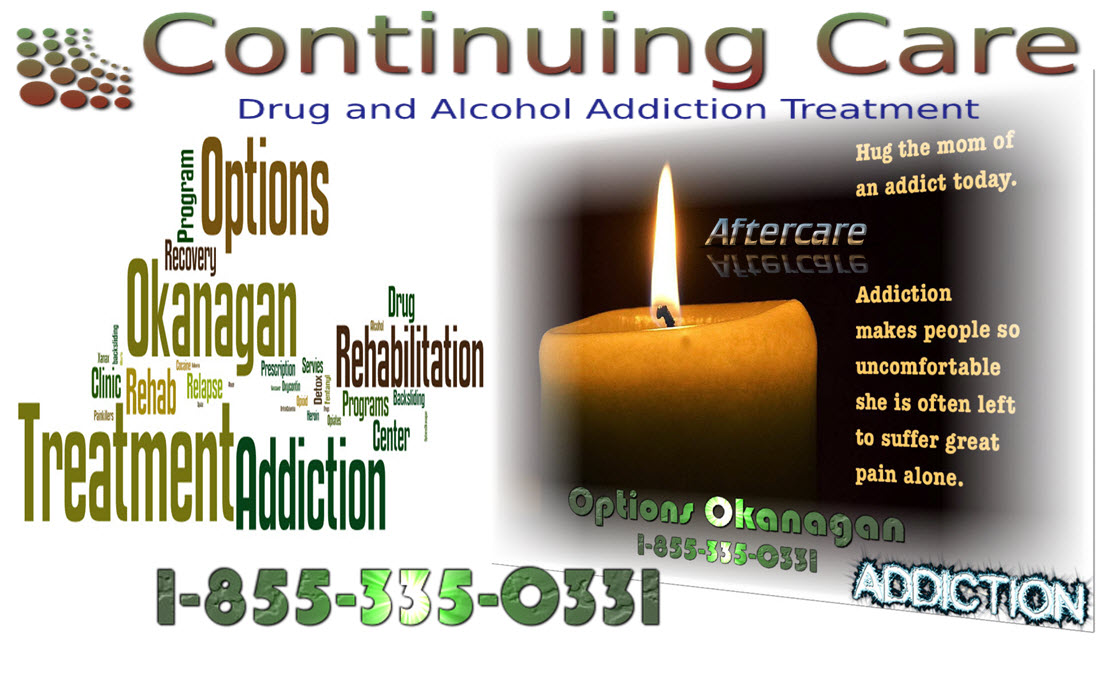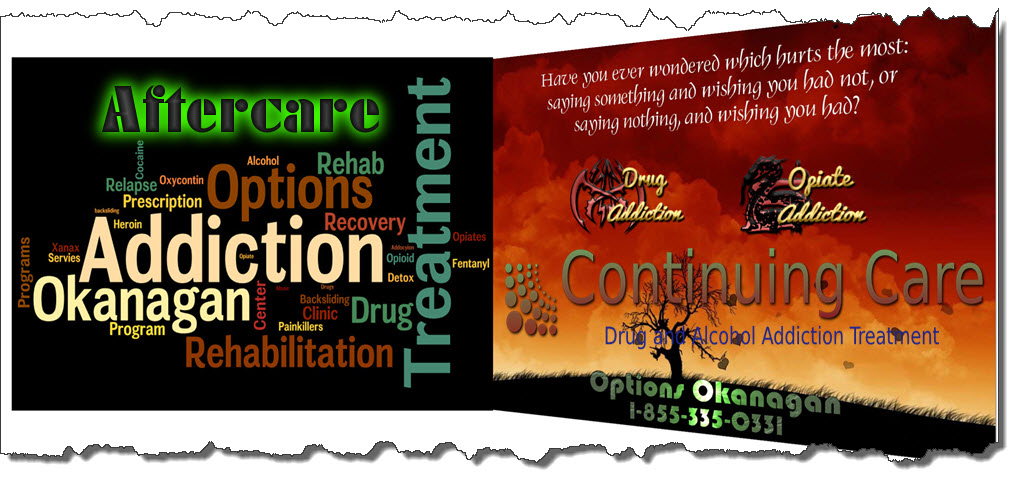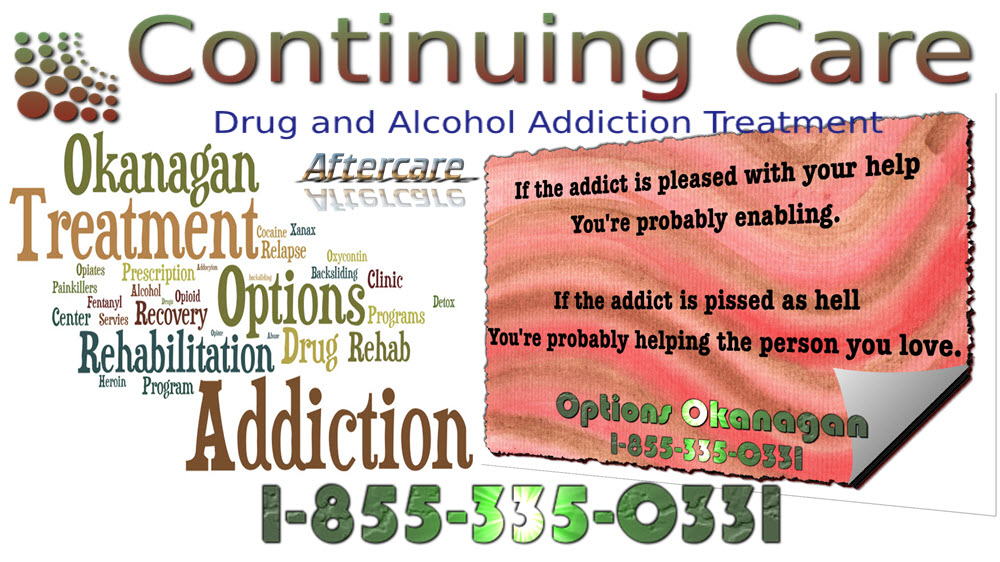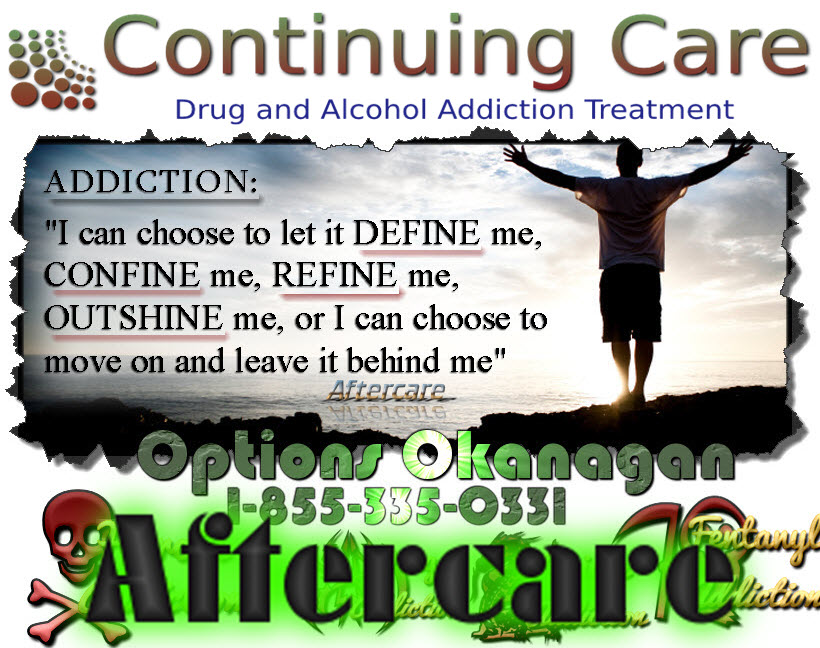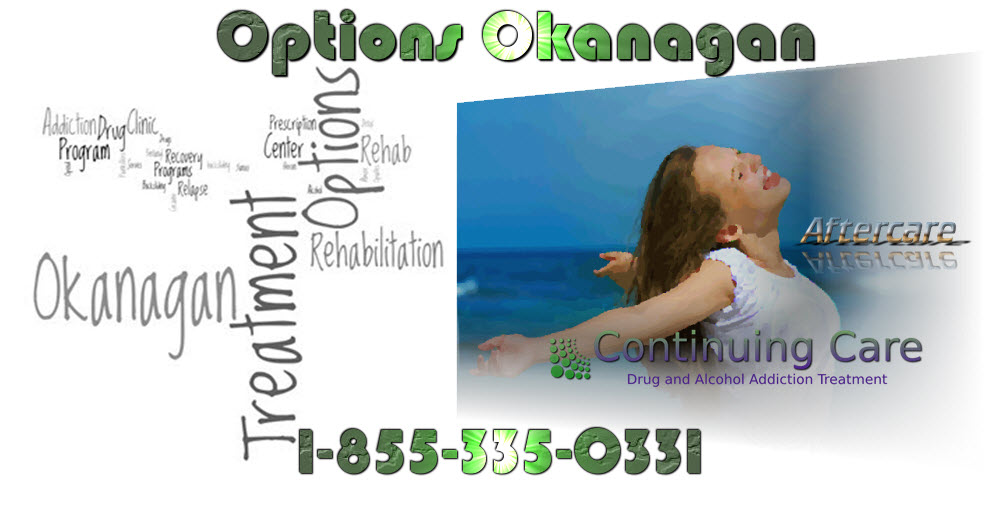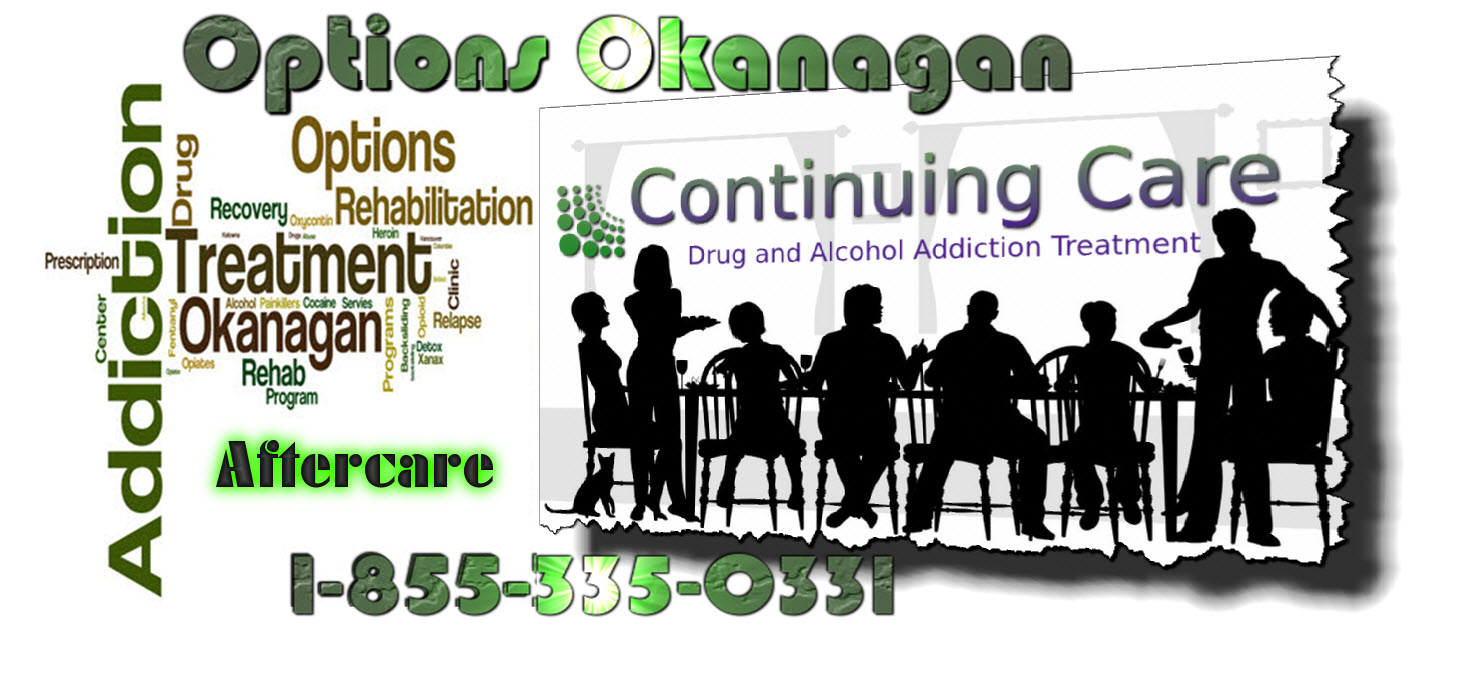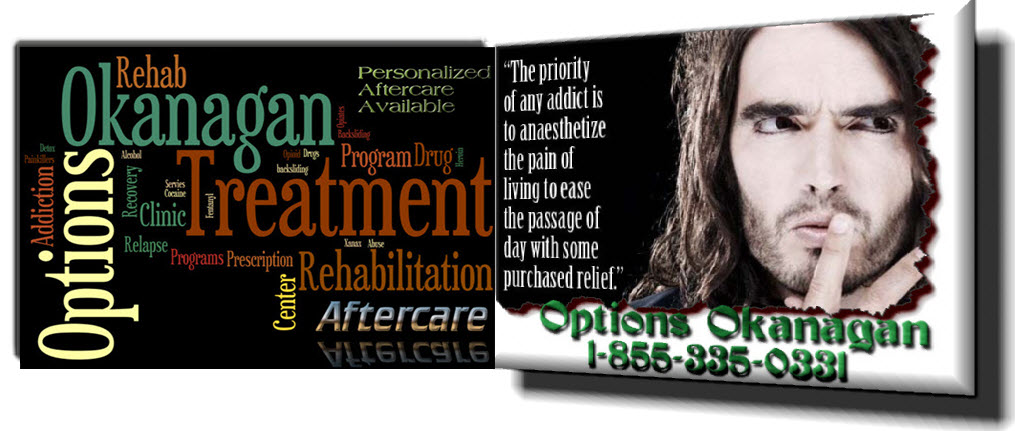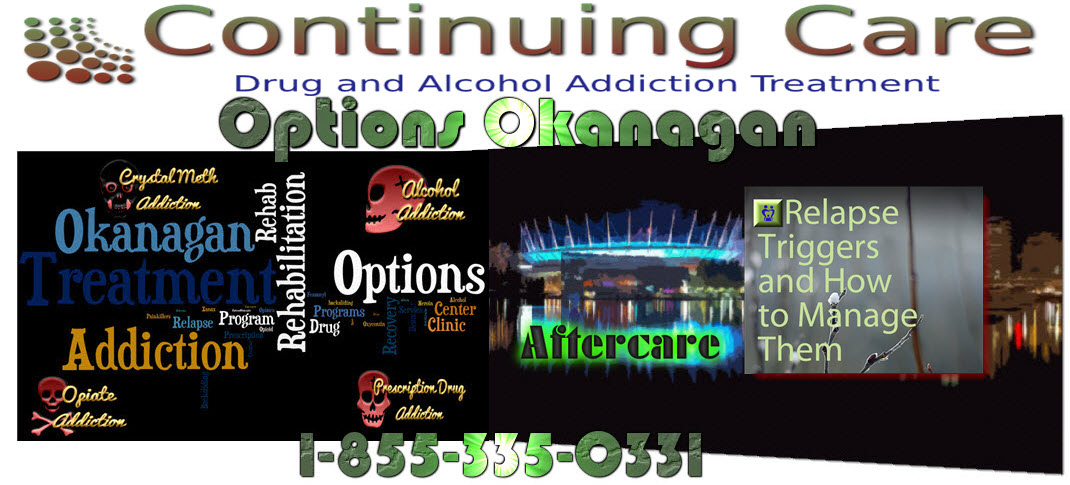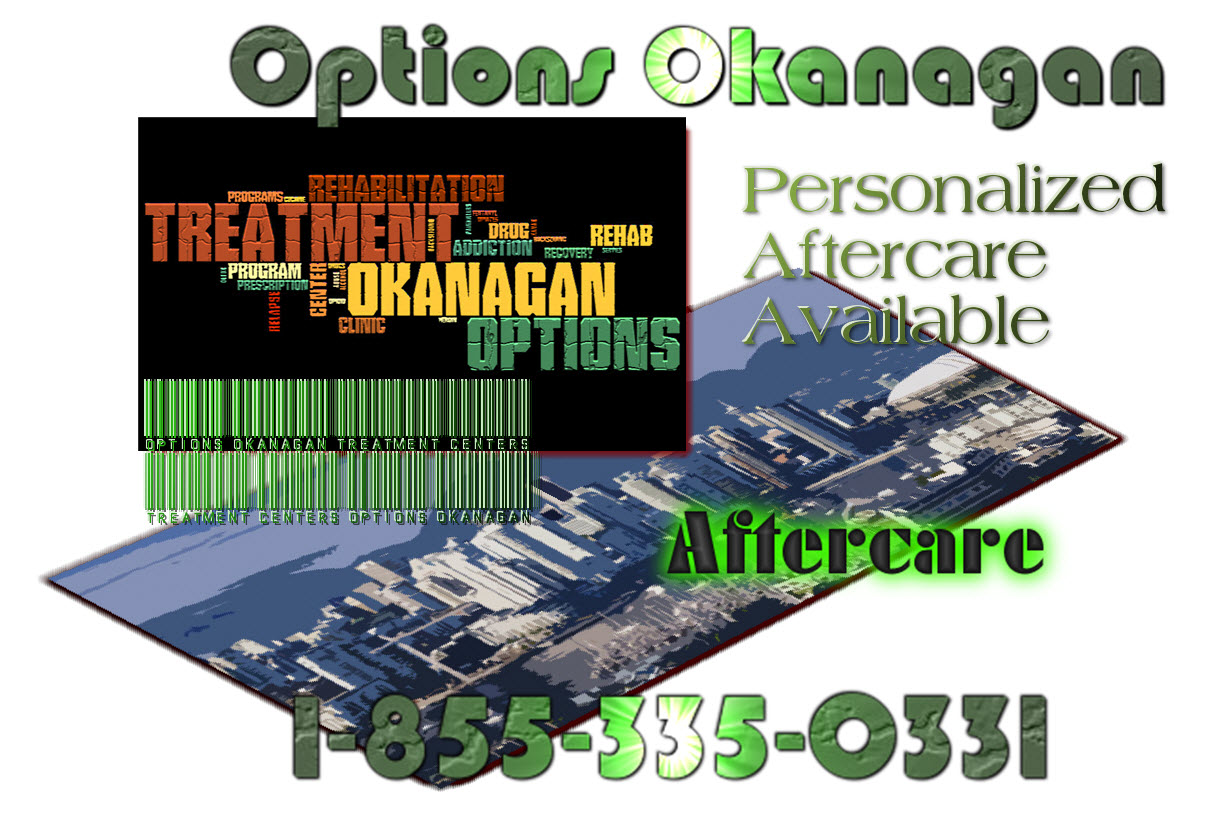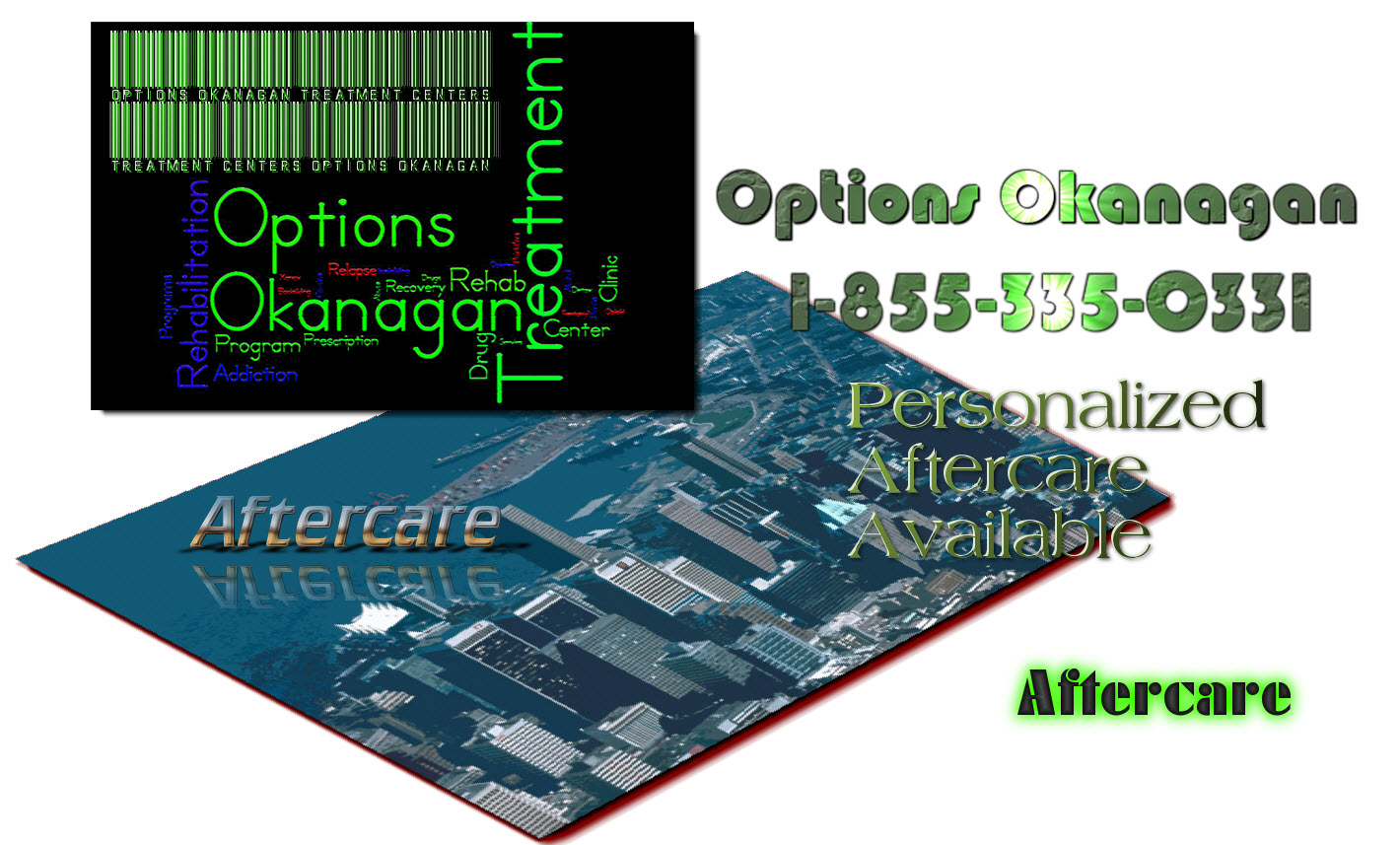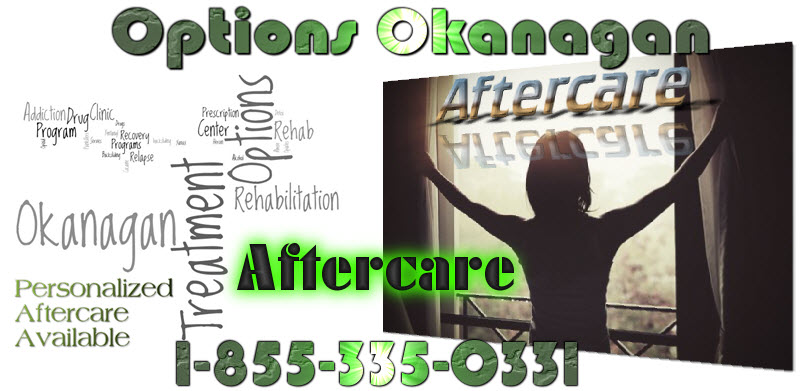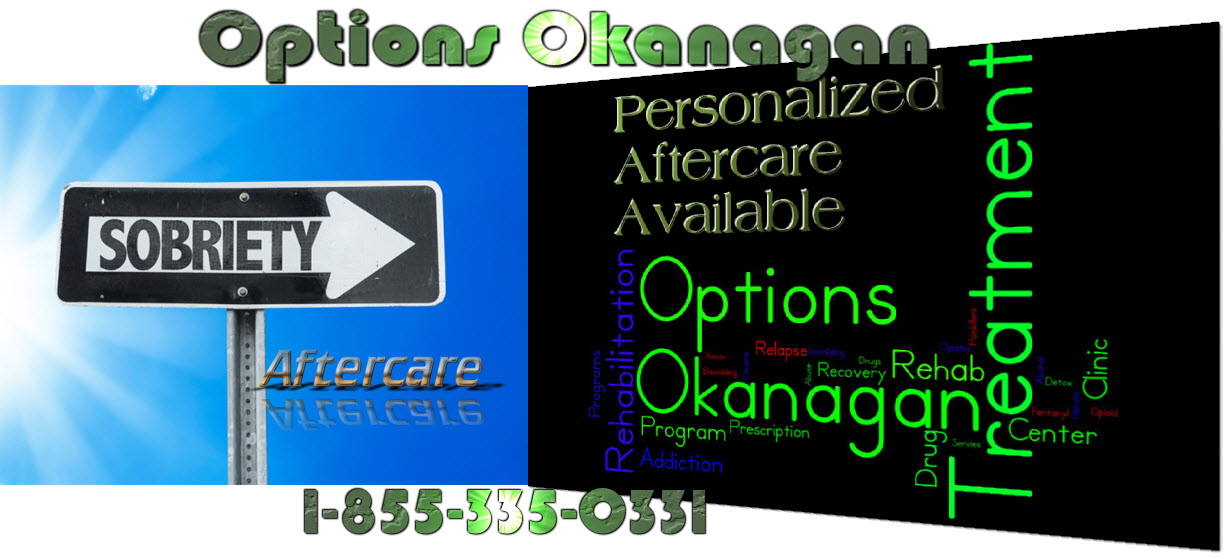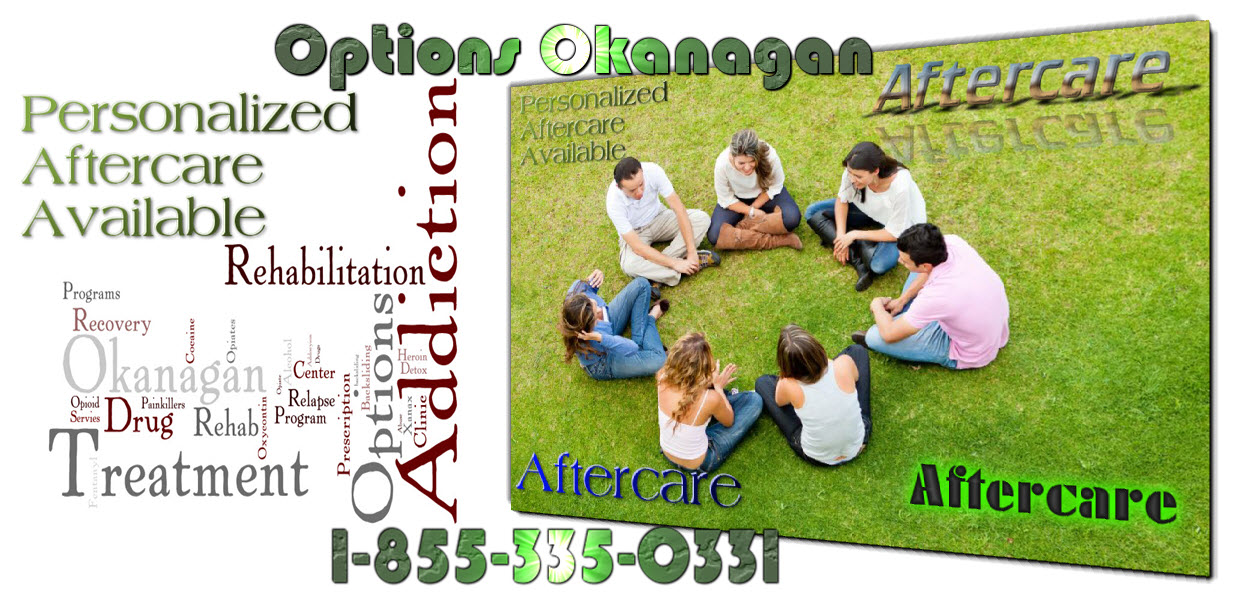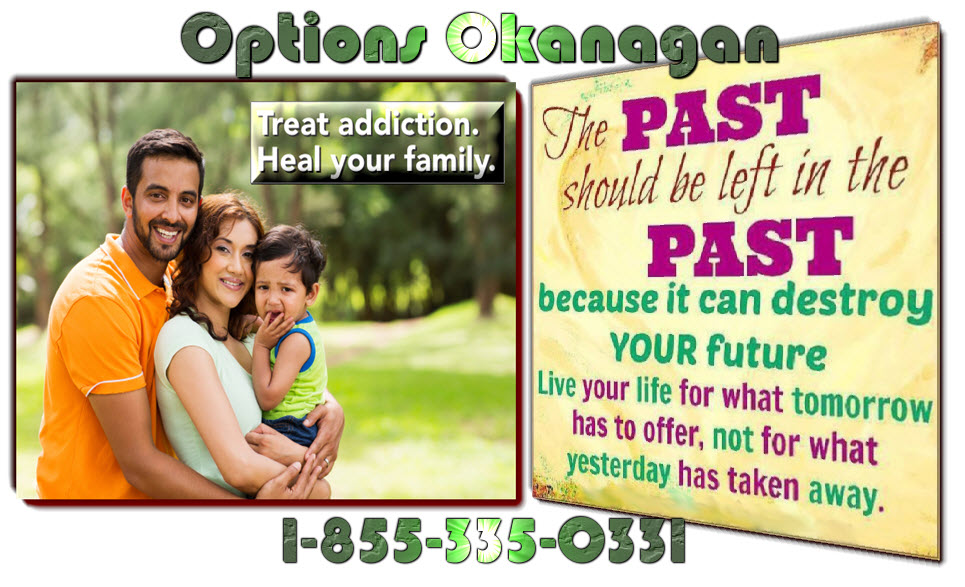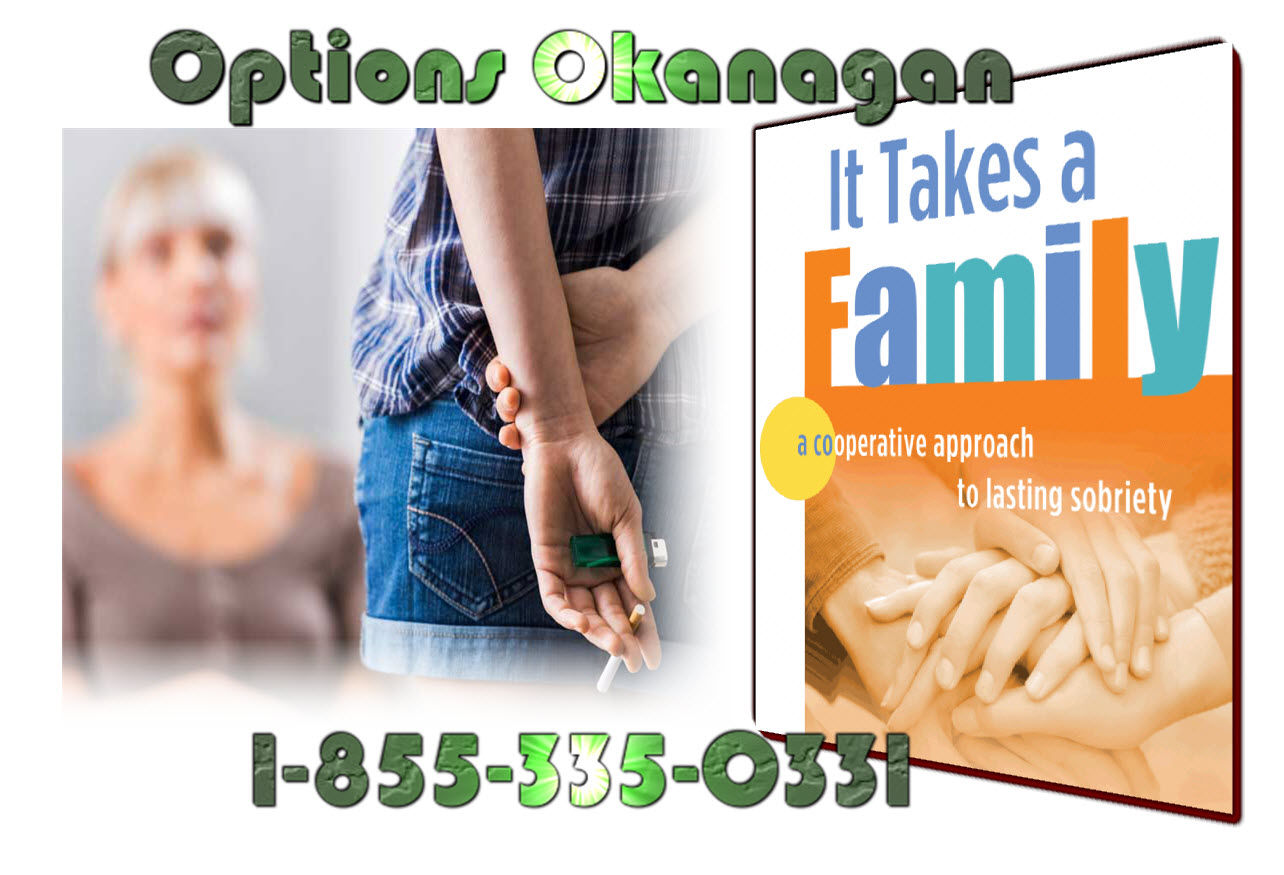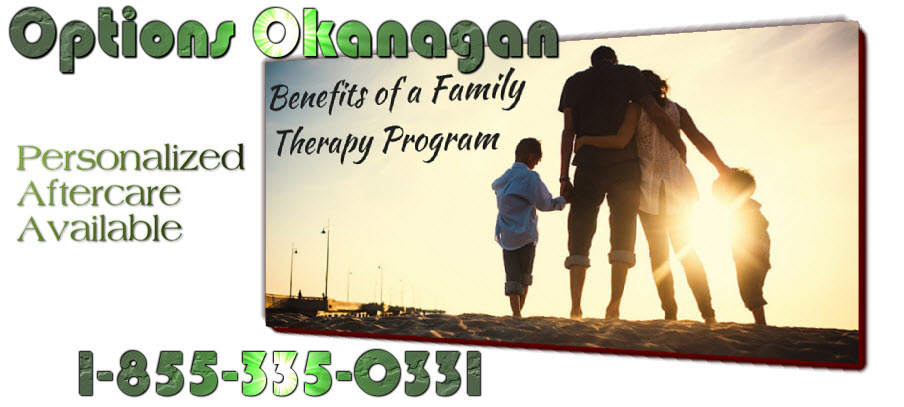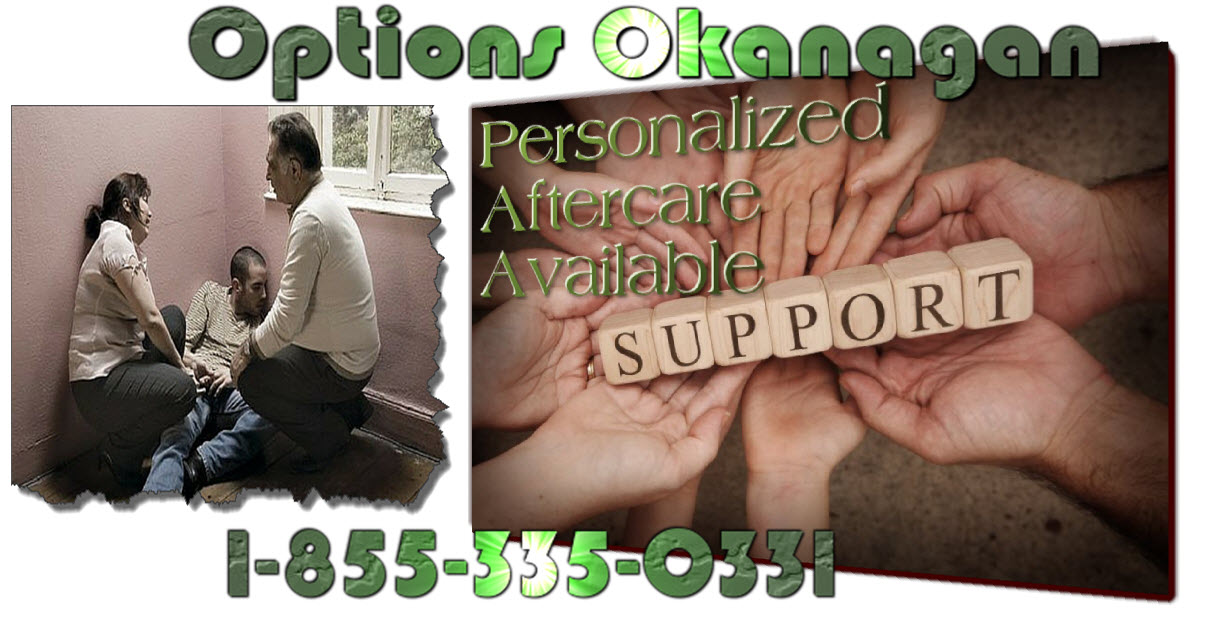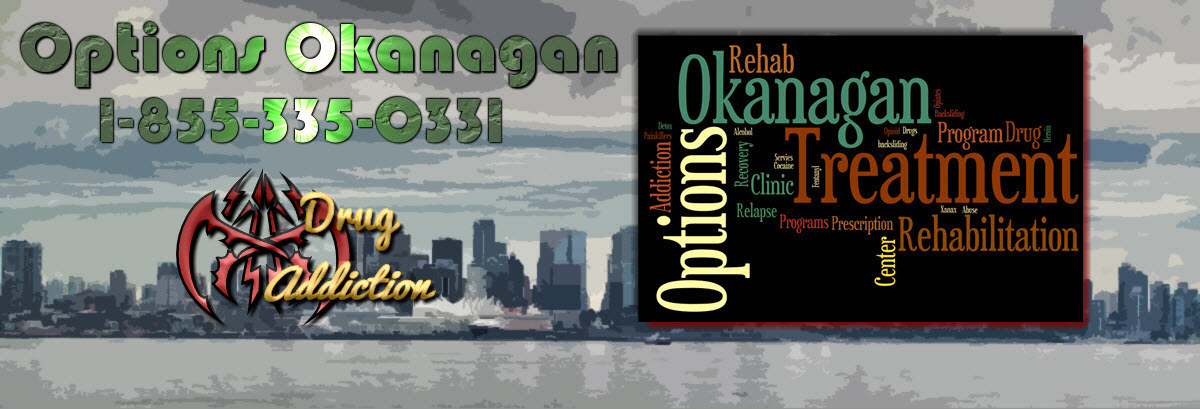Extended addiction care options and rehab in Vancouver, Victoria and Kelowna, British Columbia. – Options Okanagan Treatment Centers in Kelowna, British Columbia treating opiate and alcohol addiction and recovery.
Extended drug rehab programs exist for anyone with a serious substance abuse addiction to take charge of their lives again. Extended addiction treatment generally includes some form of rehab for the substance in question, as well as aftercare treatments that extend the overall duration of care for longer than the traditional 90 days.
1 – Inpatient Addiction Rehab Programs
Inpatient programs and treatment counseling is when a patient goes to live on the premises, receiving 24 hour a day attention and care to whatever extent may be necessary. Long term care durations tend to vary, but they are generally going to last between a few months to an entire year if needed. Of course, this all depends on whatever the patient in question will require. Sometimes, even more than a year of treatment may be necessary, and some patients end up staying past the initial extended treatment program.
2 – Inpatient Facilities Or Outpatient Clinics?
The downside to extended care is the immense time commitment and cost of course, but sometimes it’s a necessity in order for a patient to get what they need. Serious addictions are often best treated by extended rehab periods, especially if lighter treatment methods have proven unsuccessful in the past. A lot of the times, seriously substance addicted individuals struggle to function well in regular society. On-site care will help them get to a more functional state, especially thanks to the constant input from doctors, counselors, and other medical staff members.
Outpatient clinics on the other hand are generally well suited for helping those with milder drug and alcohol addictions. They allow patients to come in and leave as needed. As such, they aren’t recommended to anyone with any sort of unstable day to day life or family support. Outpatient clinics are excellent resources for anyone with responsibilities they can’t step away from and are still able to continue with some aspects of their normal routine.
3 – Is A Residential Facility Recommended?
The extended drug rehab in residential facilities help take stress and pressure off the table. Anything that may hinder the healing process or get in the way of progress can be done away with. These facilities allow patients to focus only on their recovery, for as long as they need to. This style of rehab facility often has a well oiled detoxification program for patients to undergo.
4 – Calling For Help When You Need It
If you or someone you care about has an ongoing struggle with addiction, it’s important to call the helpline (1-855-335-0331) as soon as possible. This isn’t a matter to take lightly, since things can always take a turn for the worse if left alone. The on-cal rehab info specialists will help you receive whatever information you need to get the ball rolling on whatever treatment may be needed, as well as what will be required to facilitate it.
5 – Are Inpatient Rehab Tenures Private?
According to both federal and state law, any stay at an extended drug rehab program will be kept completely confidential. One of the major driving laws in this is the HIPAA (Health Insurance Portability & Accountability Act), and it supports the privacy of patients by making sure none of their information can be released without their consent. The only exception is if there’s an extreme emergency at hand.
6 – Do Patients Have Their Own Rooms?
Whether patients will have their own rooms depends largely upon how the facility in question operates. Long term patients often have their own rooms, especially if it’s deemed necessary for the success of their treatment, but roommates are also common. In some cases, a private room can be secured through an additional fee.
7 – What’s Being Treated?
The care offered by extended addiction rehab facilities is far reaching, treating numerous forms of substance abuse and even behavioral addiction. A small list of the addictions that are commonly treated may be comprised of:
* Alcoholism and usage disorder
* Opioid usage disorder
* Stimulant usage disorder (amphetamines, crack, cocaine, methamphetamine)
* Benzodiazepine usage disorder
* Marijuana usage disorder
* Tobacco usage disorder
* Addiction to gambling
* Addiction to sex
* Eating disorders (including anorexia, binging, and bulimia)
Each extended care program has its own specialty, but most can cater to all of the above and more. This is especially useful since most patients inevitably suffer from more than one form of addiction, and that only gets worse as their period of abuse increases. Any unique combination of diagnosis can be treated all at once or one after the other since the time will be available to get everything sorted out as needed.
Extended Addiction Care Options *** Part 02*** Jan.05,2017
Options Okanagan Opiate and Alcohol Treatment Centers in Kelowna, Salmon Arm and Vancouver, British Columbia – Men and Women are recovering and healing from Alcohol and Drug Abuse at our treatment center here in the Okanagan right now.
Our unique and distinctive Opiate Drug and Alcohol treatment program allows men and women to come in from Calgary as well as Edmonton as we offer airport pickup.
Numerous clients come to us from Vancouver, Calgary and Edmonton and other locations in Alberta and even other provinces for Opiate addiction treatment, heroin drug treatment, many other drug and alcohol addictions for rehabilitation because of the uniqueness of our treatment center.
Our Treatment Location:
Options Okanagan Drug and Opiate Treatment Center
551 Sherrydale Crescent, Kelowna, British Columbia, V1V 2E6
Toll Free Phone Number : 1-855-335-0331

